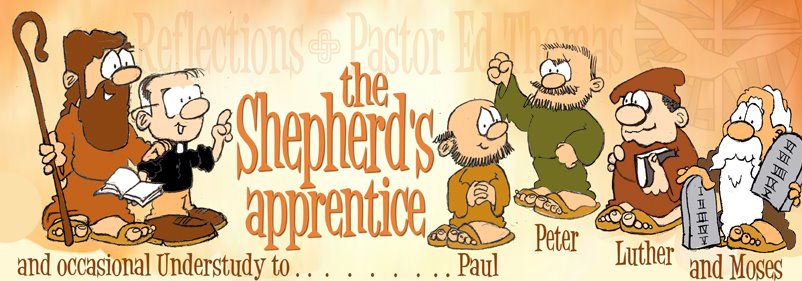What does it mean when the people of God proclaim that the source of our life is in Jerusalem? Well, consider the time when this Psalm was written. It was either written during the time of King David -- when God was showing up in mighty ways -- or it was written a few generations later by people who yearned for God to show up again. They weren't worshiping a particular patch of earth, they were celebrating a God who has, will, can, and does show up.
When it says, "2 [God] loves the city of Jerusalem more than any other city in Israel," more than any other city in the world, I don't think it means God loves area more or any people less. Rather, I think that God has declared Jerusalem as a place of intersection. God has proclaimed -- and subsequently shown -- that heaven and earth and the divine story will keep intersecting on this particular patch of ground.
We know that is true because when the Son of God came to this earth, more than half the Gospel occurred after "[Jesus] set his face to go to Jerusalem" (Luke 9:51). The place where the life of the Messiah would culminate was in "Jerusalem, Jerusalem, the city that kills the prophets and stones those who are sent to it" (Luke 13:34 and Matthew 23:37 which continue with Jesus saying,) "How often have I desired to gather your children together as a hen gathers her brood under her wings, and you were not willing!"
Jerusalem also plays a crucial role in the final showdowns of Revelation, and even more important, Jerusalem is the Revelation 21 intersecting point for "1 a new heaven and a new earth." As John recorded, "2 [Then] I saw the holy city, the new Jerusalem, coming down out of heaven from God, prepared as a bride adorned for her husband. 3 And I heard a loud voice from the throne saying, "Behold, the home of God is among mortals. He will dwell with them; they will be his peoples, and God himself will be with them."
That's why the Psalmist cries, "7 The source of my life is in Jerusalem." It's not because God loves people more or less based on their proximity to this hillside town, it's that they were hungry for a point of intersection -- like Jerusalem -- with God. We want to claim the promise that "God himself will be with them ... indeed, with us.
Just as I look for points of intersection where I can feel the earthly ties of family like I once experienced them on my grandfather's farm. We are invited to look for points of intersection with God -- maybe even daily points of intersection. Fortunately, we don't have to go looking for distant city or a blessed patch of earthly ground. Jesus tells us -- Matthew 18:20 -- that wherever two or three are gathered in his name he is there among us.
Gathering in Jesus' name -- small groups, worship, prayers with a spouse or a friend -- that's holy ground.

